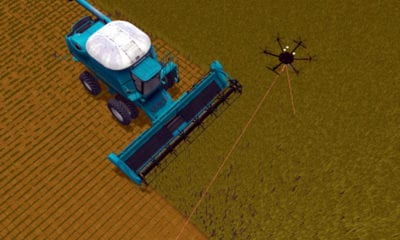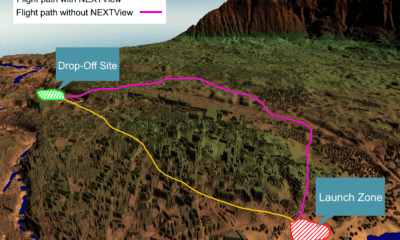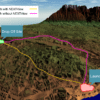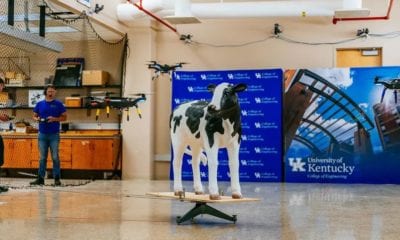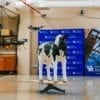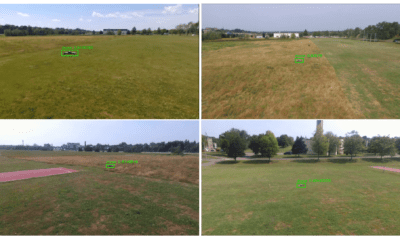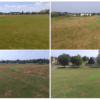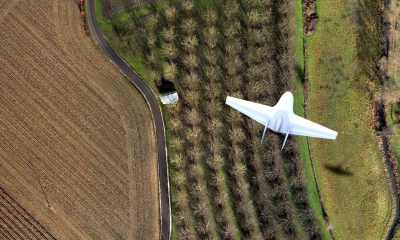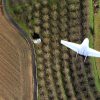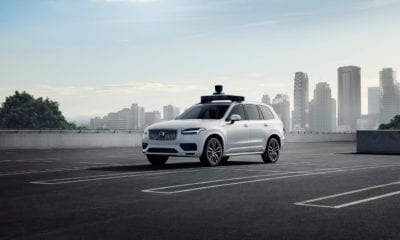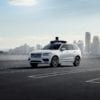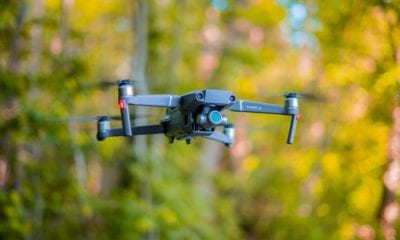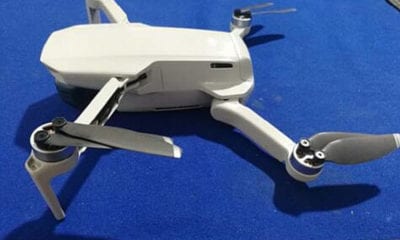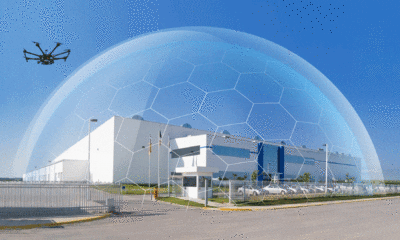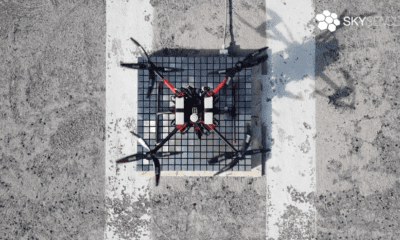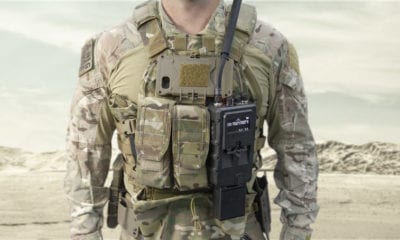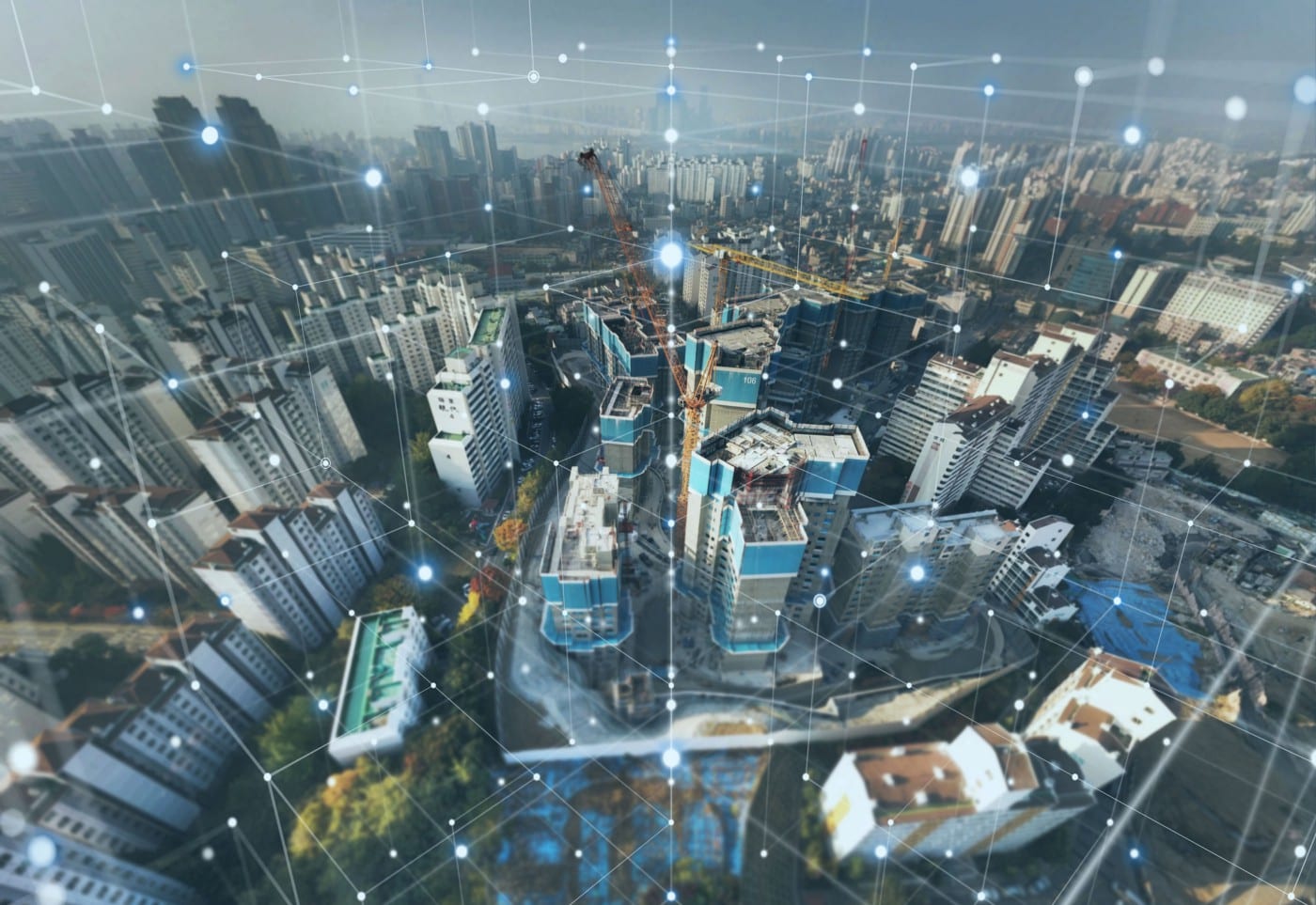
AI
Drones and Artificial Intelligence Beginning to Impact Geopolitics
Drones, robotics and Artificial intelligence (AI) are beginning to impact geopolitics across the world in more ways than one. The potential combines applications of drones and AI are wide and diverse. Robotics Business Review has partnered with Abishur Prakash at Center for Innovating the Future to update its readers with recent developments in international robotics, AI, and unmanned systems.
Most government bodies are proactive in their response to drone tech developments. AI and drone tech emerge as important tools that governments across the world are using to develop smart megacities. For instance, the development of AI and robotics based smart cities like NEOM megacity by Saudi Arabia and “New Clark City” in the Philippines.
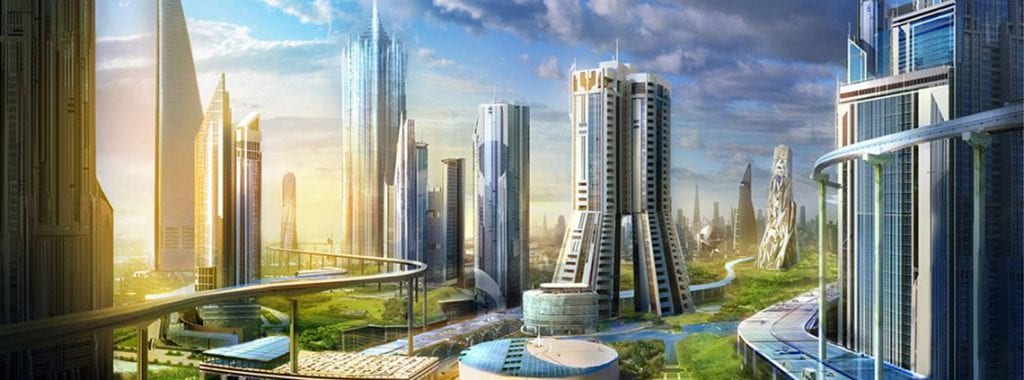
However, government imposed restrictions on AI and related tech is causing concern amongst private players. China for example has strictly allowed only Chinese companies to map Chinese roads thereby protecting the data around the self-driving cars it develops. Thus geopolitics comes into play causing a huge concern for robotics firms looking to expand. Their ambitions will materialize provided they develop strategies to help encompass geopolitics, which is important given that the Asian market alone is expected to become $260 billion industry by 2020.
The recent drone assisted assassination bid on Venezuela’s president, Nicolas Maduro shows the likely use of drones as a weapon. In April 2015, a drone carrying radioactive materials landed on the roof of Japanese Prime Minister Shinzo Abe’s residence. In December 2015, a drone came dangerously close to President Barack Obama’s motorcade in Hawaii.
Several countries and companies are working to tackle drone based terror threats. Switzerland has begun a project known as “U-Space,” to create a secure airspace for millions of drones. It involves registration of drones and enforcing geofencing around important buildings and neighbourhoods.
In the U.K., telecommunications firm Vodafone is developing a drone-tracking system to allow governments to track drones. It is already being tested in Germany and Spain. In India, the city of Bangalore is testing a drone defence system to protect the city from drone attacks. Boeing is looking at blockchain and AI to track advanced drones.
Any data created by robotics firms would have to comply with the emerging public policy. Clear guidelines need to be worked upon by governments, else difficult slip-ups might emerge. In the Canadian city of Calgary, for example a mall was tracking shoppers through facial recognition without informing them and lacked of a clear explanation regarding the storage and sharing of that data. Privacy concerns emerge due to lack of transparency from companies about revealing the use of data they collect; the facial recognition at U.S. airports, being a case in point.
India is one of many countries that are pursuing a security strategy. U.S. officials are concerned about Islamic State groups are working on weaponized drones packed with drones. Interestingly, drone companies are not participating yet. Perhaps this is a business strategy to ensure the privacy of their customers. To enable countries to tackle drone threats effectively drone companies themselves must get involved.
Click here to read more.

